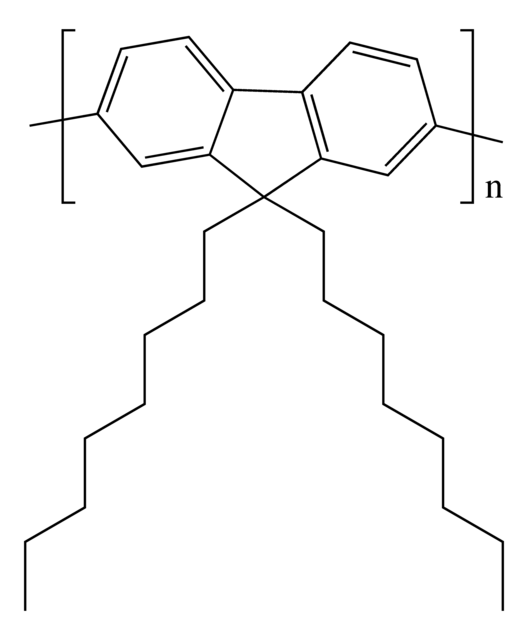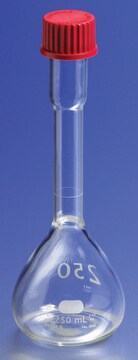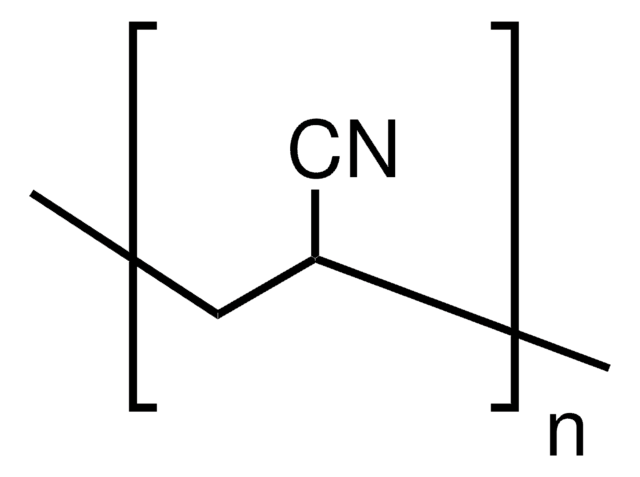189456
Poly(ethylene oxide)
average MV 900,000 (nominal), powder, hydroxyl, BHT as inhibitor
Synonym(s):
Polyethylene oxide, PEO
About This Item
Recommended Products
product name
Poly(ethylene oxide), average Mv ~900,000 (nominal), powder
form
powder
mol wt
average Mv ~900,000 (nominal)
contains
200-500 ppm BHT as inhibitor
viscosity
8,800-17,600 cP, 5 % in H2O(25 °C, Brookfield)(lit.)
transition temp
Tm 65 °C
density
1.21 g/mL at 25 °C
functional group
hydroxyl
SMILES string
[H]OCCO
InChI
1S/C2H6O2/c3-1-2-4/h3-4H,1-2H2
InChI key
LYCAIKOWRPUZTN-UHFFFAOYSA-N
Looking for similar products? Visit Product Comparison Guide
Related Categories
General description
Application
Owing to its hydration and swelling properties, it is widely used as a precursor to prepare block copolymer micelles for selective drug and gene delivery.
Itcan also be used to fabricate nanofibrous membranes for the adsorption of heavymetal ions.
Features and Benefits
- Excellent polymer chain flexibility
- Low toxicity
- High solvation power
- Lowglass transition temperature
Storage Class Code
11 - Combustible Solids
WGK
WGK 1
Flash Point(F)
Not applicable
Flash Point(C)
Not applicable
Personal Protective Equipment
Choose from one of the most recent versions:
Already Own This Product?
Find documentation for the products that you have recently purchased in the Document Library.
Customers Also Viewed
Articles
In this article, we discuss issues critical to successful application of the electrospinning technique, including control of individual nanofibers to form secondary structures and assembly of nanofibers into 3D architectures.
Our team of scientists has experience in all areas of research including Life Science, Material Science, Chemical Synthesis, Chromatography, Analytical and many others.
Contact Technical Service






